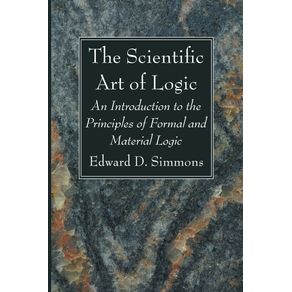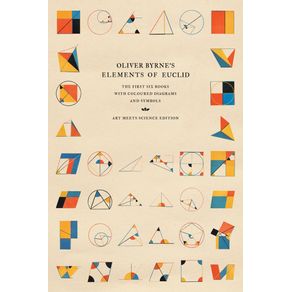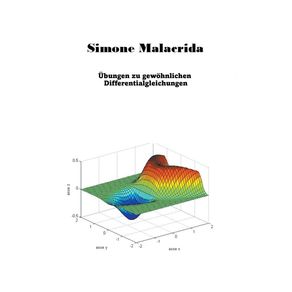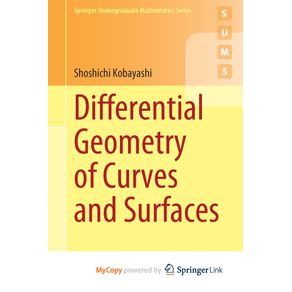-
DEPARTAMENTOS
- ANIMAIS DE ESTIMAÇÃO
- ARTES
- AUTO AJUDA
-
BEM ESTAR E LAZER
-
CATEGORIAS
-
-
CULINÁRIA E GASTRONOMIA
-
CATEGORIAS
-
-
ESPORTES
-
CATEGORIAS
-
- INFANTIL
-
RELIGIÃO
-
CATEGORIAS
-
- ADMINISTRAÇÃO E NEGÓCIOS
-
CIÊNCIAS BIOLÓGICAS E NATURAIS
-
CATEGORIAS
-
- DIREITO
- ECONOMIA
-
MEDICINA
-
CATEGORIAS
-
-
TODOS DEPARTAMENTOS
-
INTERESSE GERAL
-
LIVROS TÉCNICOS
-
- IMPORTADOS
Geometry An Introduction
Cód:
491_9784871877183
Geometry An Introduction
Autor:
Editora:
Código:
491_9784871877183
Vendido e entregue por Um Livro
Geometry was considered until modern times to be a model science. To be developed more geometrico was a seal of quality for any endeavor, whether mathematical or not. In the 17th century, for example, Spinoza set up his Ethics in a more geometrico manner, to emphasize the perfection, certainty, and clarity of his pronouncements. Geometry achieved this status on the heels of Euclids Elements, in which, for the first time, a theory was built up in an axiomatic-deductive manner. Euclid started with obvious axioms - he called them common notions and postulates -, statements whose validity raised no doubts in the readers mind. His propositions followed deductively from those axioms, so that the truth of the axioms was passed on to the propositions by means of purely logical proofs. In this sense, Euclids geometry consisted of eternal truths. Given its prominence, Euclids Elements was also used as a textbook until the 20th Century.Today geometry has lost the central importance it had during earlier centuries, but it still is an important area of mathematics, and is truly fundamental for mathematics from a variety of points of view. The Introduction to Geometry by Ewald tries to address some of these points of view, whose significance will be examined in what follows from a historical perspective.
Veja mais


































